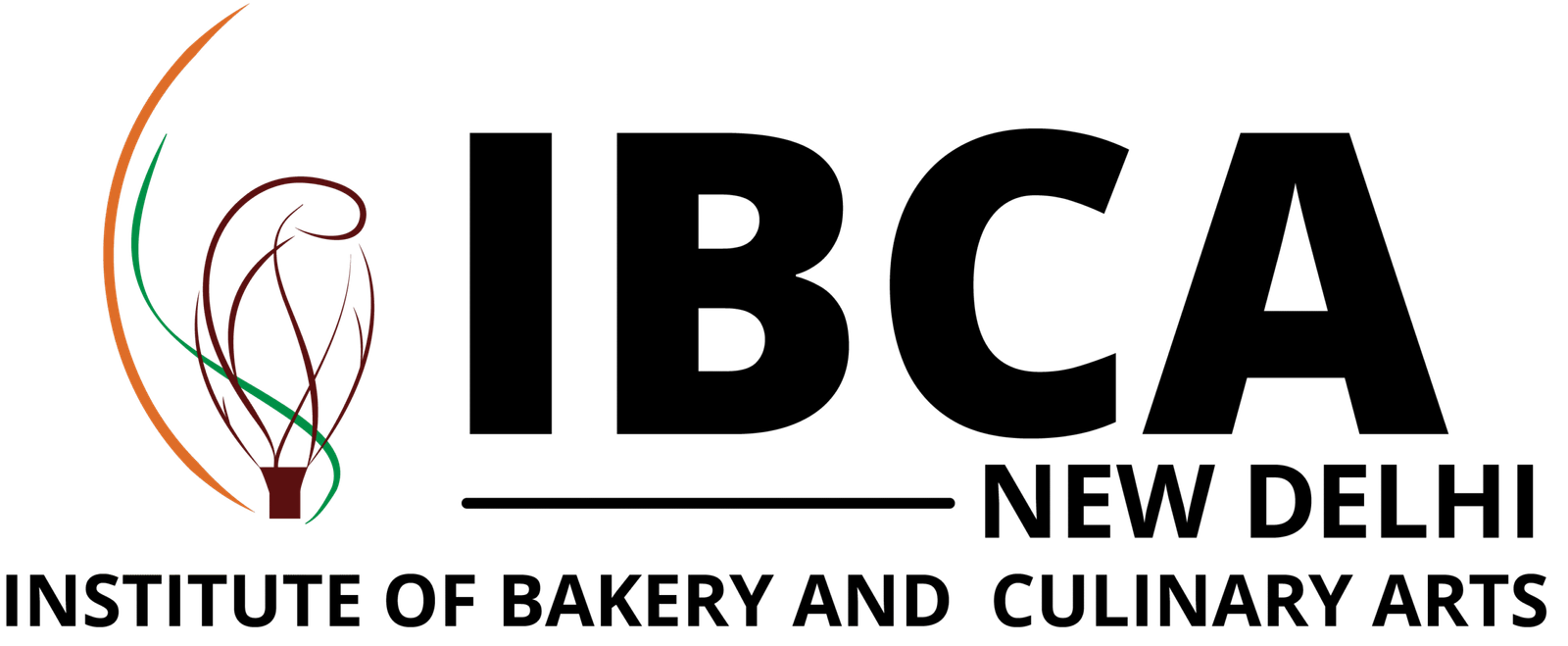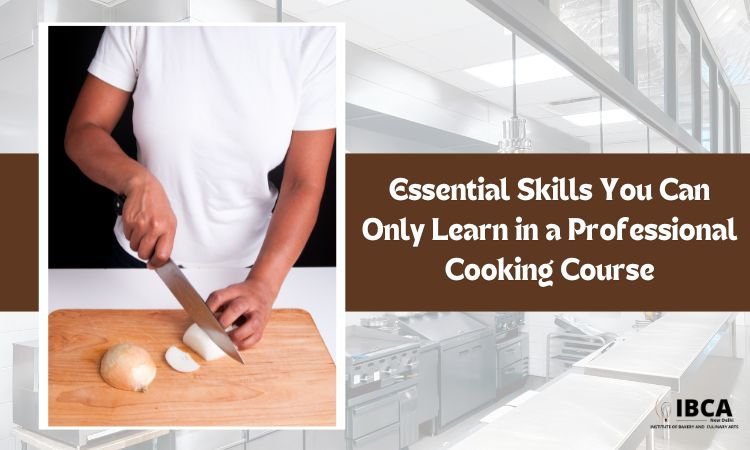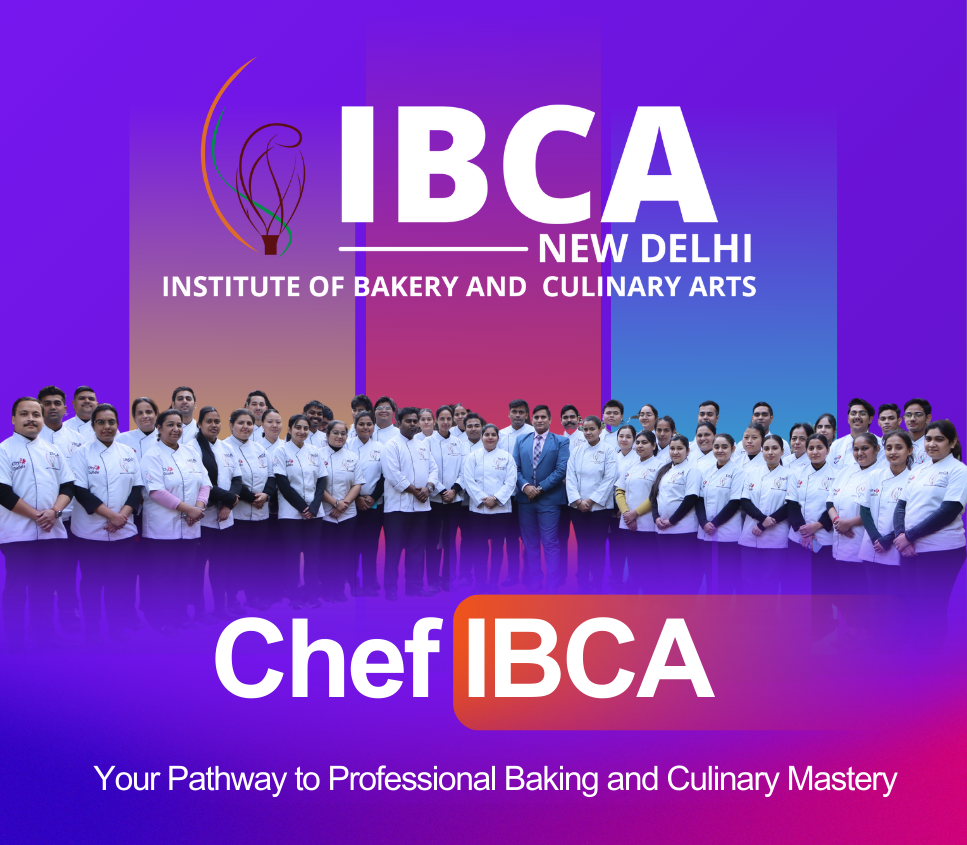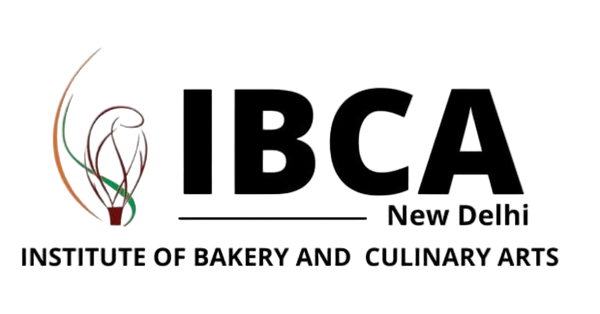Cooking at home is one thing, but stepping into a professional kitchen demands a sharper understanding of a whole new set of skills like time management and damage control while trying to deliver innovation and hospitality. While passion and practice can get you far, a formal culinary education offers training that can improve your skills, knowledge, creativity, and confidence.
Professional Cooking Course is a special training in which you get to learn how to cook like a chef under duties and time constraints.
Also Read: Top 10 Essential Skills Every Cooking Chef Must Master
The Role of Culinary Courses in Skill Development
Here’s how culinary courses play a vital role in skill development.
Cooking Basics: Culinary courses help beginners learn cooking techniques, like chopping, boiling, baking, etc. which are useful at both home and at professional kitchens.
Improved Food Presentation: These courses help you learn how to arrange food more attractively on a plate by using colors, spacing, and even small details in order to make dishes look more delicious and appealing.
Encourages Creativity: While pursuing the course, students learn to experiment with flavors, ingredients along with styles and it helps them create unique and tasty dishes.
Boosts Confidence in the Kitchens: As individuals get proper training, it helps them learn skills and gain knowledge to cook efficiently, reducing mistakes and increasing confidence while preparing meals.
10 Must-Have Skills You Won’t Learn Without a Culinary Course
Let’s discuss the Role of Culinary Courses in Skill Development in detail-
1. Precision Knife Skills and Butchery Techniques
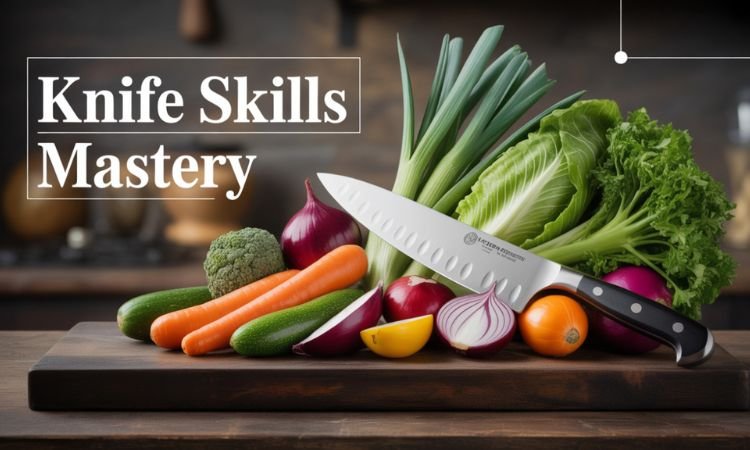
In Precision Knife and butchery techniques, we are taught how to hold different kinds of knives and how to cut food in the right shape, such that the food cooks easily and evenly.
A good grip gives us control and keeps our fingers safe. We should also learn how to stand and move our hands while cutting, or how to make different cuts like slicing, dicing, and chopping.
Each cut helps cook food in a different and better way. We also train in butchery- learning how to remove bones, fat and skin from the meat. Good butchery helps us to utilize most of the animal resources with minimum wastage.
2. Heat Management and Cooking Techniques
Learning to control heat can make food tasty and of the perfect texture. We cook food at the right heat temperature and figure out the appropriate amount of heat for each ingredient and recipe.
We also practice different cooking methods like baking, roasting and grilling. The course dive deep into techniques that go beyond home. Learning these needs both, understanding and practice.
Each method gives the food a unique flavour. We can learn how to use the right temperature for different dishes, thus making food both tasty and safe.
3. Stock, Sauce, and Reduction Mastery
Learning how to prepare stock and reduce sauces by boiling them for longer periods can give us a way to much more rich flavours in our food. Slow boiling is for thick reduction.
We learn to make sauces by adding butter, flour etc in the professional cooking course. We also learn the various uses of tomato sauce, chilli sauce which help to increase the taste of food. We reduce vinegar and wine for a more refined palette.
4. Palate Development and Flavor Profiling
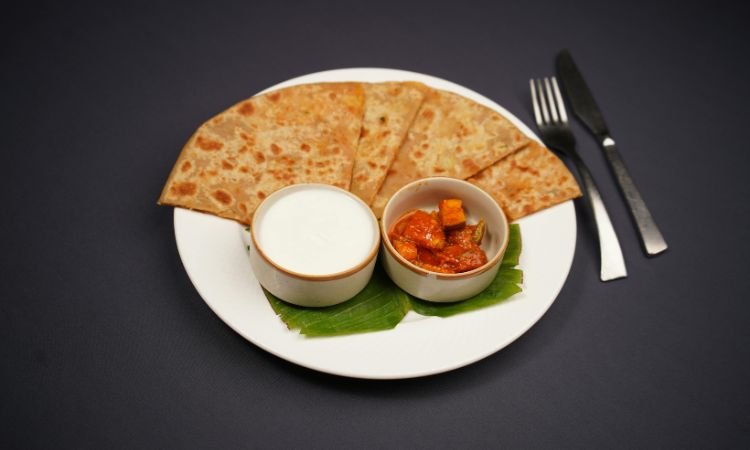
We must learn how to balance the flavour by mixing them in the right way. If the dish is sweeter, then we have to balance the taste by adding lemon for sour.
We also learn how to mix spices, herbs for a better taste. We have to use ginger and garlic for strong flavour. Adding lemon and mint gives a fresh touch to it.
5. Mise en Place and Kitchen Efficiency Systems
Cleanliness is more important for cooking. You must set up everything before cooking. This helps cook food easily and saves time as well.
Time management is the key in a professional kitchen, you learn how to manage time, cook quickly, and do many tasks at same time without getting stressed.
We have to wash and cut vegetables before cooking. For this, we save time and reduce mistakes while cooking. This also keeps our kitchen clean. We also know how to store items in the right way. These habits help us become smart and efficient cooks.
6. Plating Aesthetics and Presentation Logic
Plating Aesthetics is about food presentation. It helps us to learn about how to use colours, small details, placement of the food and space on the plate which makes the food look more enticing. Presentation defines the food a lot.
Food preparation is the first impression on a person. It helps the food to look more beautiful, exciting and catches the eye. You learn how to put small details, use colours and space on the plate perfectly.
7. International Cuisine and Ingredient Familiarity
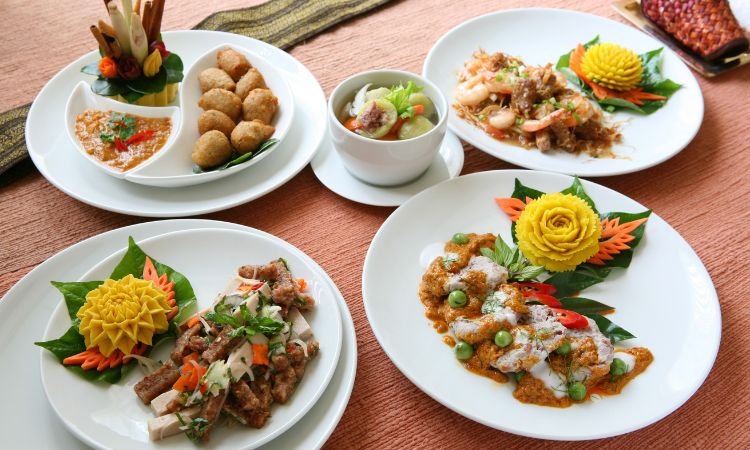
We learn about different kinds of food from other countries. We will get to understand new flavours and make new dishes with new types of sauce, vegetables and many more ingredients when exposed to the cultures that use them frequently.
It can help us to get familiar with other countries’ dishes and spices which makes them ready to work in any kitchen.
8. Culinary Math and Recipe Scaling
Measuring all ingredients carefully while cooking is obviously important. If you complete a diploma in cooking, you will learn Culinary Math where you learn how to measure ingredients in perfect amounts.
Professional cooking allows us to make adjustments to flavour profiles and change the recipe size for more or fewer people. We also learn how to count food costs and control waste. It also helps us save money.
9. Sanitation, HACCP, and Kitchen Safety
Culinary Courses teach us how to keep their kitchen neat and clean. We learn how to store items neatly without taking much space. HACCP means Hazard Analysis and Critical Control Points. It is a systematic approach to food safety. It helps us find and fix food safety risks.
Professional kitchens have strict health standards for the hygiene of customers. You’re trained to keep the kitchen clean and safe.
Kitchen safety is important, especially for beginners. These lessons help us to learn about health care and always keep customer safety at the helm.
10. Leadership, Teamwork, and Brigade System Discipline
We learn how to work in a team whether as a team member or as a leader. Leadership, teamwork, and discipline are important in cooking. They follow the Brigade System where each one has a job.
They are important in the professional kitchen, you learn how to speak clearly, follow orders or give orders and support each other while staying calm.
They practice how to lead others and stay calm under pressure. This lesson helps us work better with others while managing the kitchen and managing a real kitchen one day.
Conclusion
Professional cooking course gives you a totally different and special experience from home. Home cooking is fun but cooking in a professional kitchen is a different thing. It makes you more than a good cook, it makes you a chef.
Culinary students learn how to balance taste and flavours, they learn about how to plan a full meal with starters, main courses and desserts. You learn discipline, creativity, speed, and confidence through a Professional Cooking Course.
If you want to work in the world of culinary wonders and expertise or just be the best in the kitchen, then this is the right space for you. Find the Best Culinary Schools in India and give your dreams wings. Best of Luck!
Frequently Asked Questions (FAQs):
Q1. How does culinary training influence time management?
Ans. You learn how to work with speed, fast and smart. The course teaches you how to plan things and complete them in a limited time.
Q2. Do courses focus on sustainability and food waste?
Ans. Yes, the course focuses on sustainability and food waste. You learn how to control food waste, save money and keep the kitchen clean.
Q3. How long does it typically take to complete a professional cooking course?
Ans. The duration depends on the type of course. Short courses take 3-6 months. Full courses take 1-2 years. Some workshops also offer courses which can be done in a few weeks.
